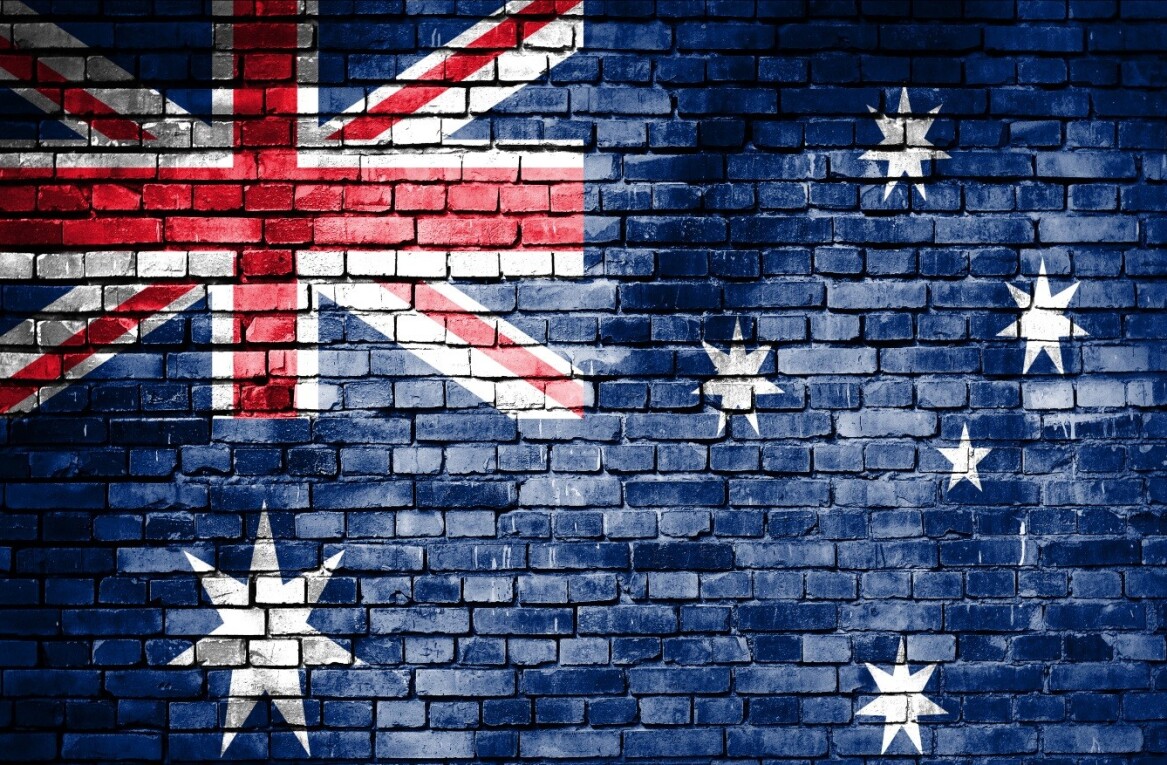
As the war between Australian brick-and-mortar retail operations and their illegitimate e-commerce children heats up, the Australian government appears poised to intervene on behalf of the traditional stores.
The Productivity Commission recently released its draft report that looked into the issues afflicting Australia’s brick and mortar retail operations, primarily on two fronts — the increasing number of Australians heading to online stores before actual storefronts, and the effects of price-gouging by offshore electronics, software and digital goods retailers in Australian markets.
Two of the big offenders have been Apple and Adobe. Adobe’s CS5.5 Master Collection costs well over $1,000 more for Australians than it does Americans and Apple hardware features a large markup despite an Australian dollar that has been stronger than the greenback for some time; the markups are so large that they can’t be justified by sales taxes and other tariffs.
Digital goods have drawn much of the ire. Up until recently Australians paid more for goods on digital stores such as the iTunes Store. Apple pre-empted the Commission’s report recently by reducing Australian prices at the same time as it increased European prices, but others haven’t followed suit.
Games have also been singled out for their outrageous pricing, which are generally twice the price of titles in American stores.
The practice of marking up prices in the electronics and digital spheres for the Australian market has gone on for quite some time, with unreasonable pricing even before the AUD overtook the USD. For some reason, perhaps the stronger dollar making the gap more noticeable to the average person, it has become a hot topic in the country of late.
The Commission’s much-awaited report says it finds the arguments of these retailers unconvincing, and that they are essentially practicing price discrimination with no valid reason than that they can get away with it.
Unfortunately for Australians, there’s not much the government can do about it, and their suggestions have less to do with evening out prices for Australians and more to do with propping up the brick-and-mortar retail industry by making it less convenient to buy online.
The war between brick-and-mortar retailers and Australian e-commerce companies has come to a head of late, with figureheads for each side lobbing rocks at each other in the media. Gerry Harvey of super-chain Harvey Norman says his stores just can’t compete with e-commerce while Ruslan Kogan of Kogan Technologies suggests that companies like Harvey’s should evolve or die naturally.
The government’s suggestion is to put retail operations on life support, instead of encouraging innovation and iteration and allowing the market to do with a stagnant and outpaced industry what it will.
Despite the high cost of living and the high cost of the aforementioned goods already dampening consumer spending in Australia, the Commission suggests reducing the offshore GST-free threshold. Any offshore purchase under $1,000 doesn’t attract the 10% GST, and so the apparent solution is to drop that threshold.
It’s unlikely to do much other than reduce consumer spending. Online stores aren’t biting into storefront bottom lines on the basis of 10% savings, but much more significant ones — not to mention the convenience that not having to leave the house to make these purchases brings.
Taxing cheaper, remotely-operated e-commerce options on more of their sales won’t do much for land stores other than perhaps extend their life artificially for a short time. Perhaps there’s a valid principle motive for applying taxes evenly, but it’s not the government’s job to save an industry that is in decline because it isn’t keeping up with what the market wants.
And the report does hint at that, encouraging retailers to improve their online operations. Here’s hoping that the onus remains on businesses to stay competitive through innovation rather than lobbying, and that the outcome of the retail war doesn’t put a damper on the digital goods economy, sending consumers back to the torrent sites.
Get the TNW newsletter
Get the most important tech news in your inbox each week.



![Facebook accused of targeting vulnerable teens with predatory ads [updated]](https://img-cdn.tnwcdn.com/image?fit=2361%2C1161&url=https%3A%2F%2Fcdn0.tnwcdn.com%2Fwp-content%2Fblogs.dir%2F1%2Ffiles%2F2017%2F05%2F2696190509_a13f2e7a47_b.jpg&signature=606748d114729016a3654338ba1f03f9)